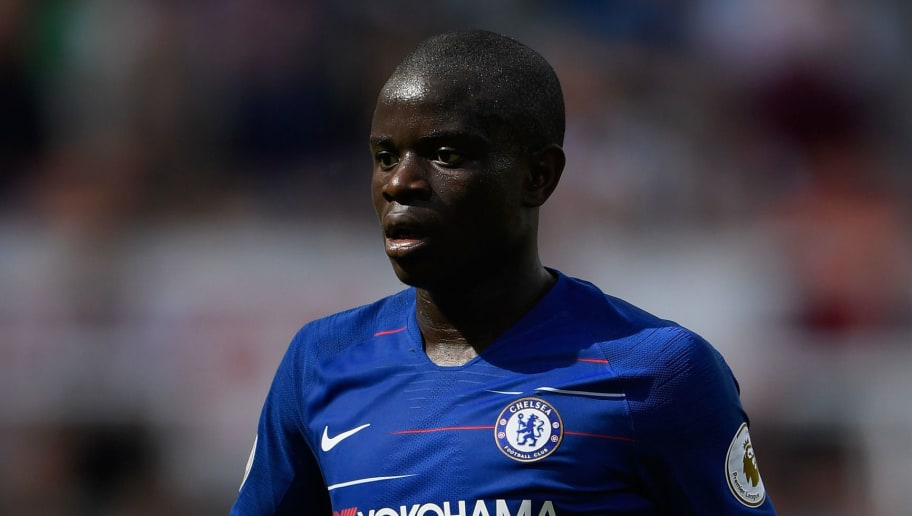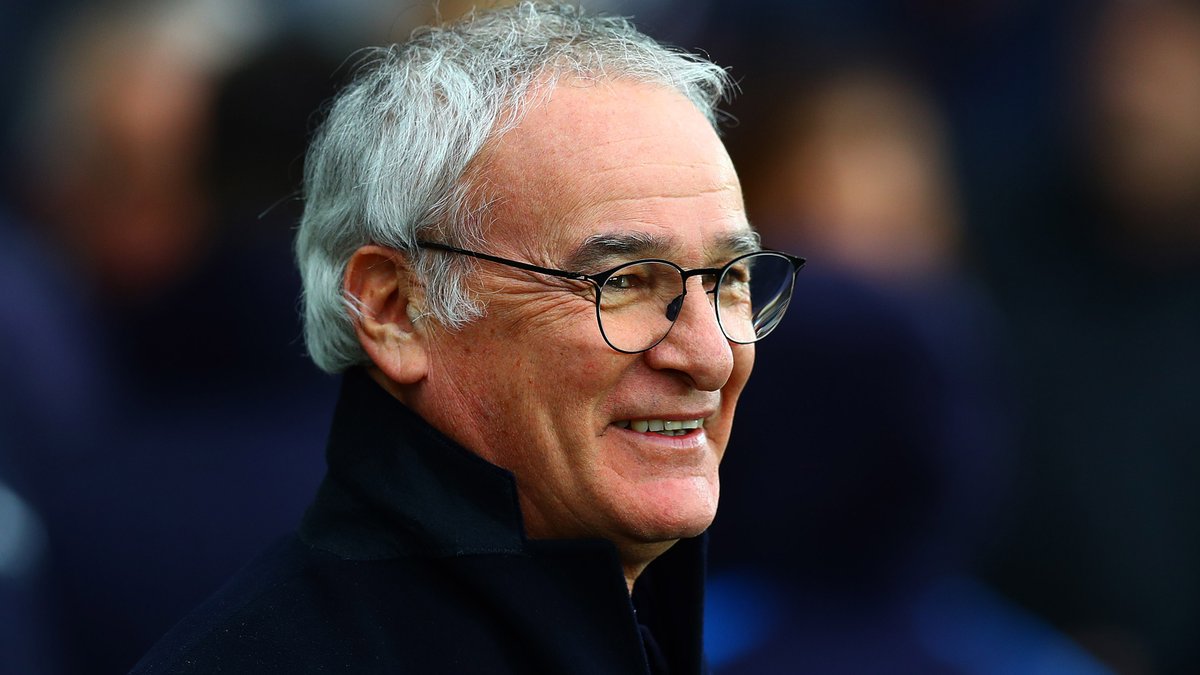
Kevin-Prince Boateng says too many footballers are afraid to take a stand against racism and believes players must show courage to eradicate the scourge.
Boateng’s message comes amid the renewed spotlight on racism after George Floyd, a 46-year-old black American, died after a white policeman knelt on his neck for nearly nine minutes in Minneapolis, Minnesota, on May 25.
The shocking incident has once again brought to the fore the explosive issue of police brutality against African Americans and sparked global outrage and condemnation.
No stranger in the fight against racism, the former Tottenham player who once walked off in protest after suffering racist abuse during a friendly match for AC Milan in Italy in 2013 has been a vocal anti-racism campaigner in sport.
And following the George Floyd incident, Boateng has once again renewed his pledge to lead the fight against racism.
Speaking to Sky Sports News following the protests, Boateng, who has been linked with a move to MLS, outlined a number of measures he believes will help nip the menace in the bud.
The former Ghana international says:
- Society must be proactive not reactive
- Some players are scared to speak out
- Racism needs to be taught in schools
- Suggests a ‘George Floyd day’ when players do not play
- Urges more players to walk off if abused
Reacting to George Floyd’s death the video of which was widely circulated on social media, Boateng said: “It is a difficult situation. Other than being sad, I am angry. It just hurts always coming back to the same feeling. It’s very difficult for me right now.”
English Premier League side showed solidarity with protesters in the aftermath of George Floyd’s death and while Boateng welcomed the move, he says football is still not doing enough to tackle racism and it’s not too late to make a cultural change.
“I saw Liverpool kneeling and that is a good start to show that they are with us. In general, what is football doing? Not a lot. An advert on television or a banner when the teams walk onto the pitch [is not enough]. It’s already late but it’s never too late, we just have to wake up.”
Football authorities regularly fine clubs or punish them with stadium bans in incidents of racism but Boateng says the measures are “a joke” and will never deter racist behaviour.
“For me it is a joke. At the beginning I thought it could work but people feel too comfortable, they can sit there and shout the n-word at us. The policeman felt comfortable kneeling on [Floyd’s] neck. That’s the problem, they feel comfortable because there are no consequences.
What is the consequence? You cannot go to the stadium no more, fine no problem. A fine of $35,000 [for a club]? What is that? That’s why people are comfortable.”
Boateng added that financial considerations also weigh heavily on players who are scared of speaking up or being visible in the fight against racism because of the fear of losing sponsors.
“I can understand because it is an uncomfortable position. Many people think if I share, re-post or say something wrong I will lose my sponsorship. They have to become comfortable. This is something bigger than a sponsor or anything like that. In the moment if you say the wrong words, but you mean the right thing, you will never do wrong when you try to help the human race.”
The former A.C Milan player believes an effective means of eradicating racism could be in the form of education with kids taught at a young age about the evils of race-based discrimination.
“We have to educate the kids, that is the biggest issue. Kids are growing up through this and not being educated by their parents or in school., he said.
“There is maths, English and history [being taught] in schools, why is there no racism subject? Make the kids understand we are all the same. That’s the next generation, maybe one day everyone will understand.”
But on the football pitch, Boateng advocates a more radical approach to racist abuse – walking off.
“It was a powerful image and still is now. But I think even now people are scared they are going to get sanctioned.
“There’s always a little chain – we have to start to believe in what we are doing. People say it was a friendly game, but I didn’t care in that moment because it was something bigger inside of me. It wasn’t about the game. Even if it was a Champions League game I would have walked off.
“It’s not a discussion, it’s just if we’re strong enough, if we really want to change something, we have to take big measures.”










